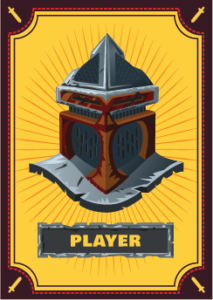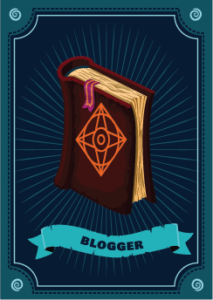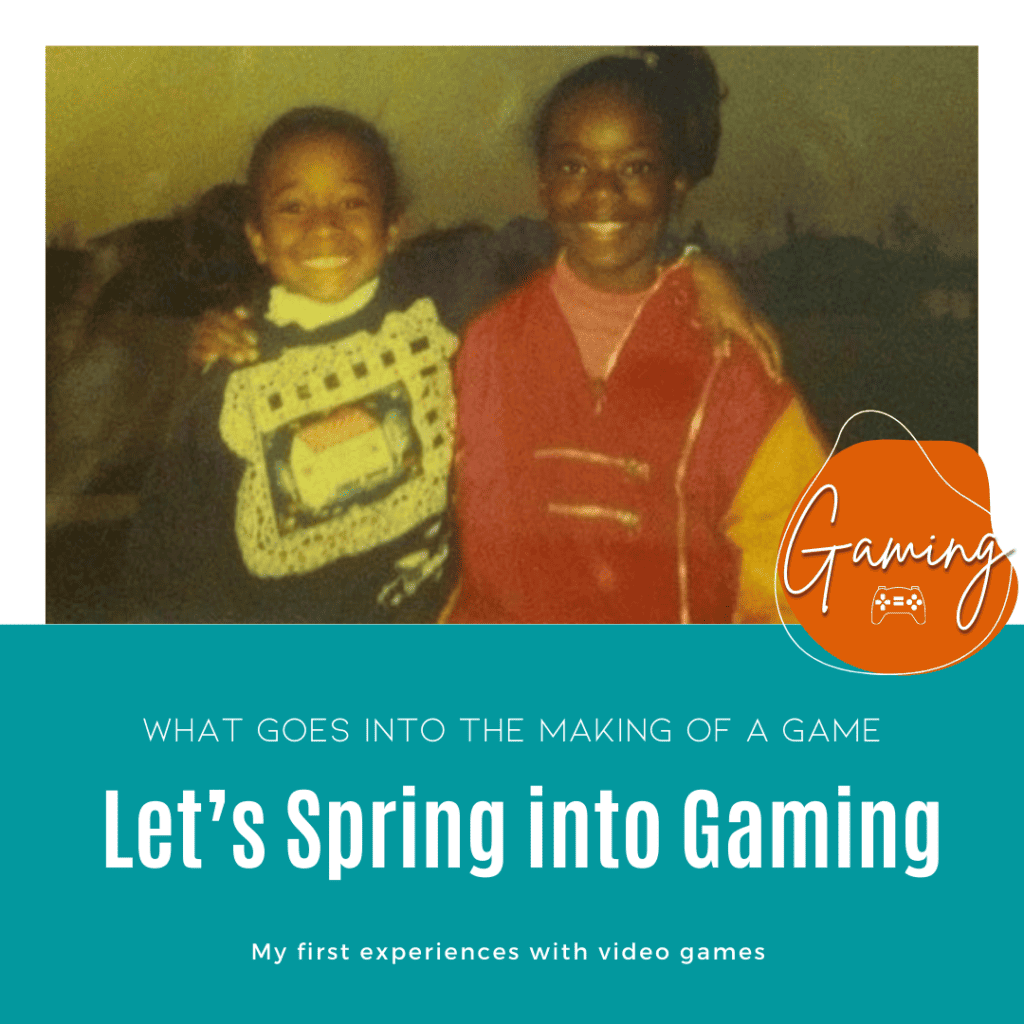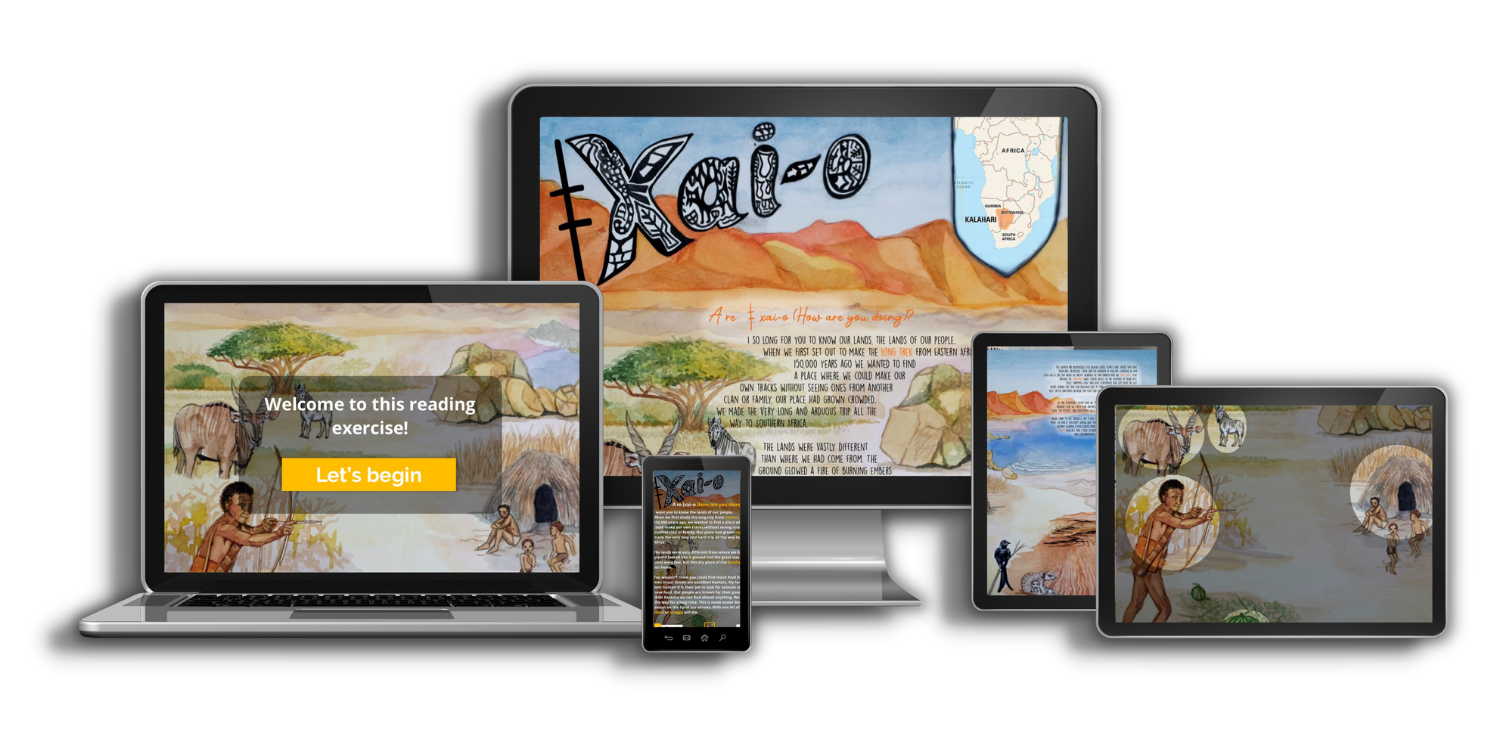As a child, I was very fond of my Super Nintendo, well it wasn’t all mine…I shared it with my younger sister. But together we were unstoppable and beat levels and conquered the game. What excited me the most was the sense of accomplishment of beating these challenges (I’m definitely an achiever as categorized by Bartle’s player types). Now these days things are a bit different. I don’t have endless hours to stare at a square box while my fingers are mesmerized between black and purple buttons on a gray console. Games are a place I use to get to a particular mental state…like one achieved while doing recreational gardening.
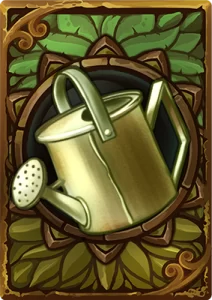
Gardener: The Gardener is looking for quiet, relaxing task completion. They are looking for gameplay where the rules are presented upfront, as directly as possible, and where the gameplay itself is more spontaneous and reactive. When X happens, I need to do Y. There isn’t any stress or anxiety about having to plan things out 10 steps in advance. The Gardener enjoys task completion for its own sake–whether this is completing a level, collecting stars/trophies, or collecting collectibles. Among their popular games list, we see games like Candy Crush and Animal Crossing (I play neither btw…I stick to Fishdom or Homescapes, but it’s the same principle).
This week’s assignment as us to choose a game to play for the next 16 weeks as we prepare to develop our own. While looking through the games I looked for what was most visually appealing and what was easiest to understand (what was the goal of the game). I anticipated playing I was prompted to pay that Ludwig was the best for me. Just when I anticipated playing, I was prompted to pay $6.31 (110 Rands) to download (note to self, remember to look at the price as well when deciding).
As I looked at the various factors that make implementation of multilingual learning difficult in South Africa… these questions come to mind (we have 11 official languages but two are extremely dominant- English and Afrikaans)
1.) How do we decide what languages to make dominant ones?
2.) Does emphasizing one over another lead children to feel lesser than?
3.) How can technology, especially, VR be used to help increase demarginalization of language users?
There is so much that goes into creating solutions (as I learned from this week’s talk with Wits University and Dr. Jite) that help students get connected to the world through the use of the internet and technology, while simultaneously removing the archaic boundaries and barriers that are often to due language and poverty.
I had a surprising connection pop-up through Shaun Glaze as we looked at a broad approach to our strategic planning for our non-profit…Bianca J. Jackson from BrickRose Exchange. She is THE Black guru when it comes to virtual reality and democratizing access to activation space and resources (and she also has experience with visual storytelling through VR). I just keep winning with these connections. As I continue to learn, she has committed to helping us bring this idea of creating a VR experience, especially for multilingual South African students who need more access to English through total immersion of storytelling and gaming.
Let’s go…
